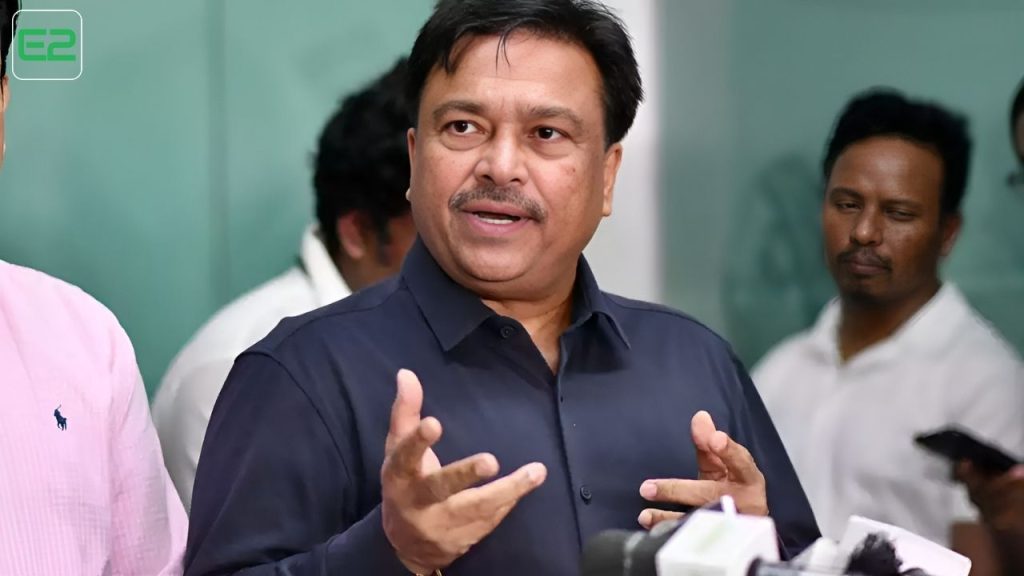Rumors of a shake-up at the top of the Bangladesh Cricket Board (BCB) had been circulating for several days, with whispers of a potential change in the president’s post. However, things took a dramatic turn on Wednesday night. By Thursday morning, reports surfaced that current BCB President Faruque Ahmed had met with senior government officials the previous evening.
That meeting has intensified speculation about his possible resignation. Faruque Ahmed, appointed as BCB President following political changes in August last year, has been under fire for months. From controversies surrounding the Bangladesh Premier League (BPL) to financial irregularities, criticisms against him have steadily grown.
Sources suggest that the Ministry of Youth and Sports is no longer in favor of Faruque continuing in the role. There are even claims that an advisor to the ministry conveyed this stance directly.
This situation raises serious concerns for Bangladesh cricket. If Faruque Ahmed steps down under government pressure, the International Cricket Council (ICC) could view it as interference something strictly prohibited by ICC regulations. Previous incidents involving Zimbabwe and Sri Lanka show that direct political involvement can lead to suspensions from international cricket.
Under ICC rules, the BCB must operate independently of government influence. While the entire BCB board must be elected to prevent allegations of interference, a legal loophole exists. Faruque Ahmed, a National Sports Council (NSC) nominated director, became president through election by BCB directors. Changes in NSC nominations can influence leadership shifts, but as the current elected president, Faruque cannot be removed unless he resigns voluntarily.
The stakes are high. Any misstep in this transition could push Bangladesh cricket toward a potential ban a scenario no one wants to see.
Meanwhile, former national captain Aminul Islam Bulbul is emerging as a possible replacement. However, Bulbul has never participated in BCB elections due to his role with the ICC. To appoint him, the NSC would need to nominate him first as a director or councilor, after which an election by the board members could follow.
While BCB’s constitution allows such changes and the ICC recognizes appointments made through proper procedures it must be done transparently and without signs of coercion. Any perception of political pressure could trigger ICC sanctions.
In summary, if Faruque Ahmed does resign, the process of his replacement must be handled delicately, lawfully, and through consensus. Anything less could threaten the future of Bangladesh cricket on the international stage.

